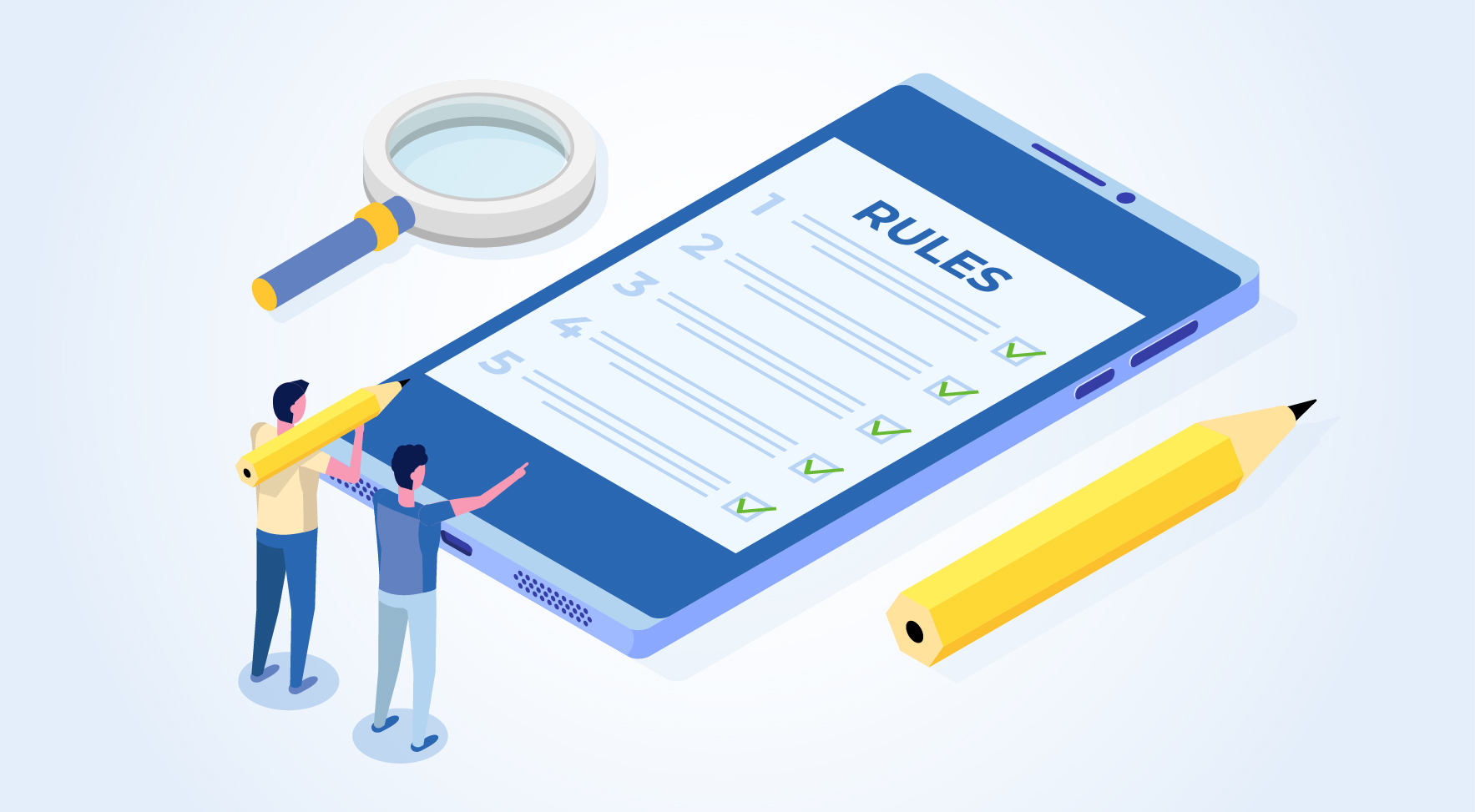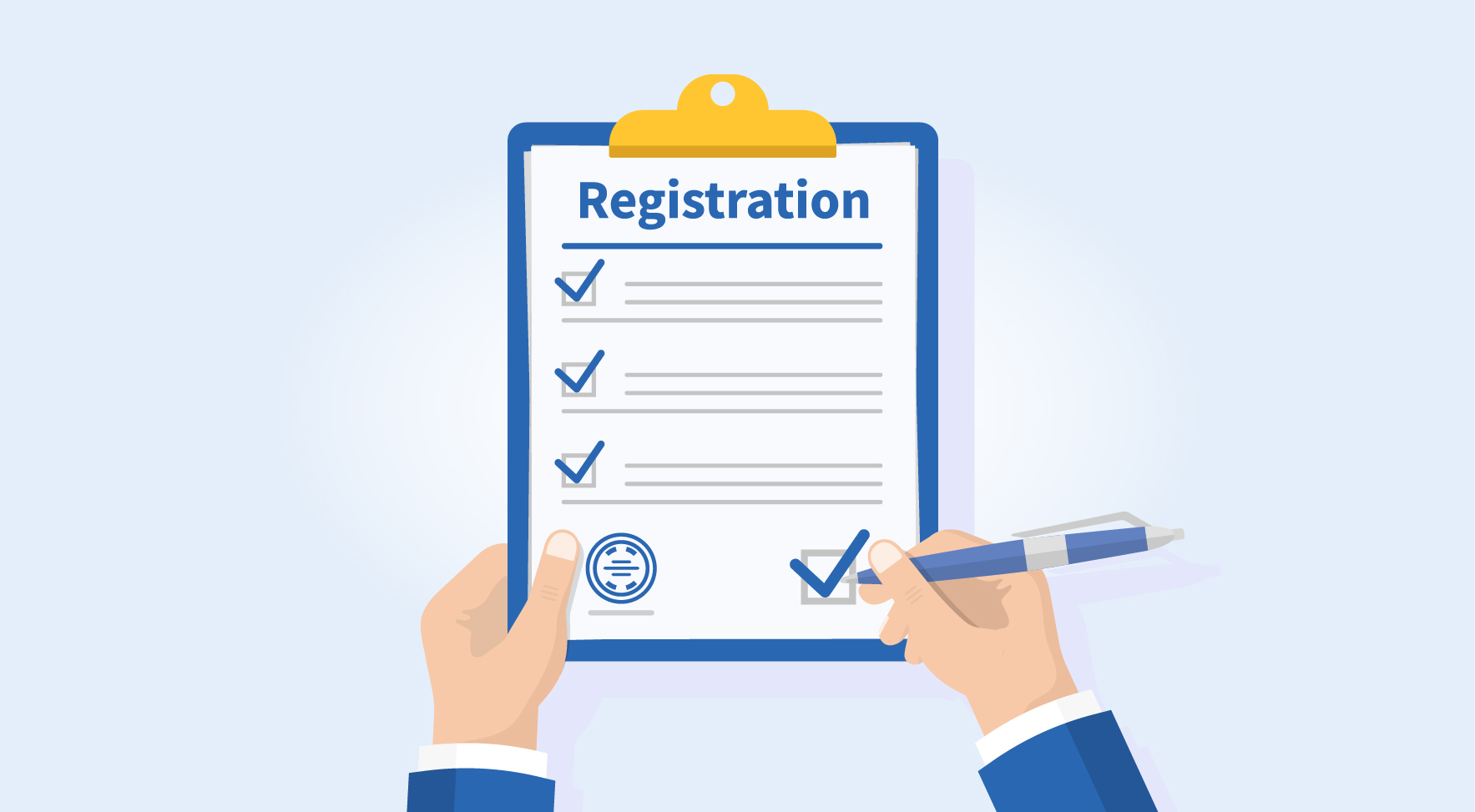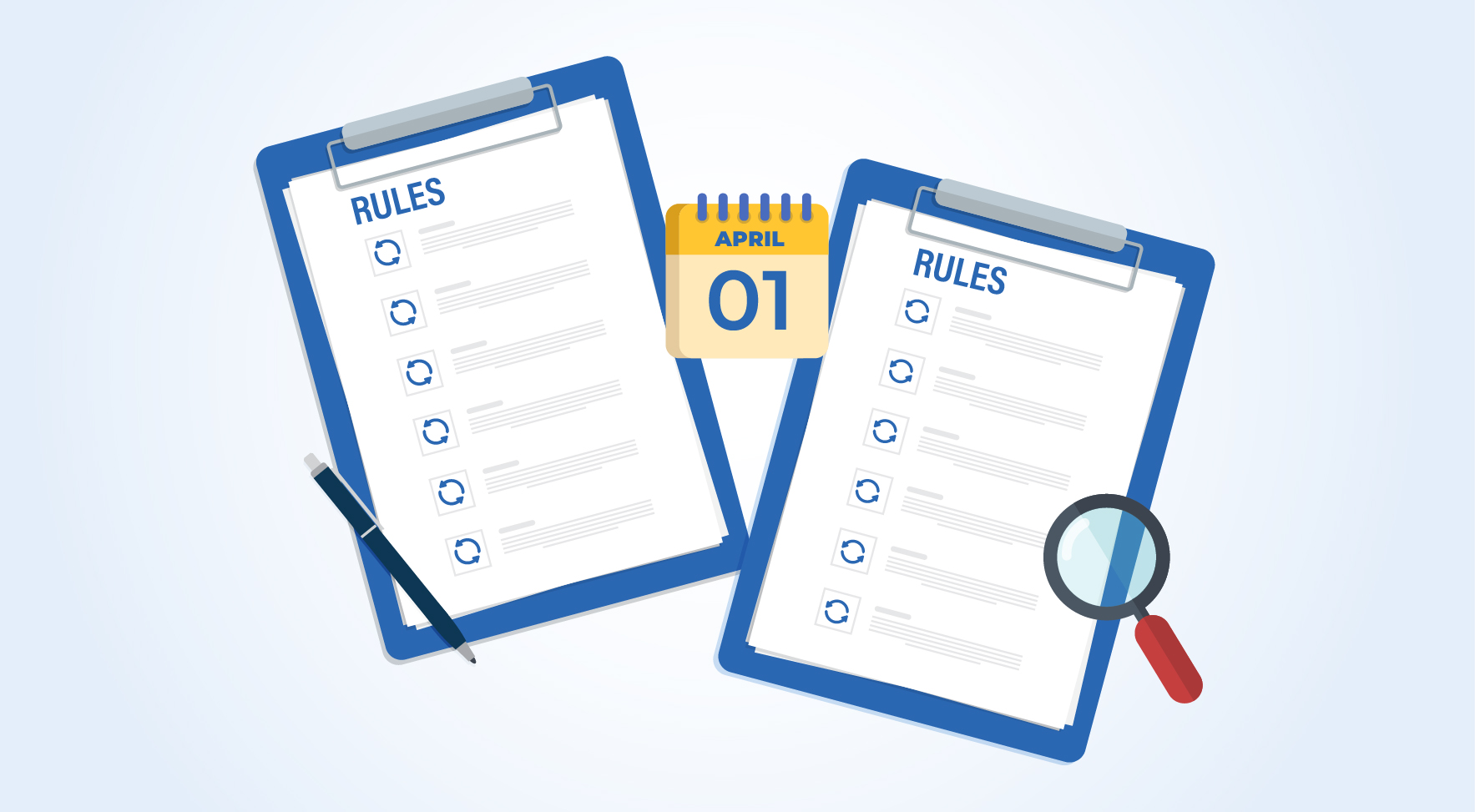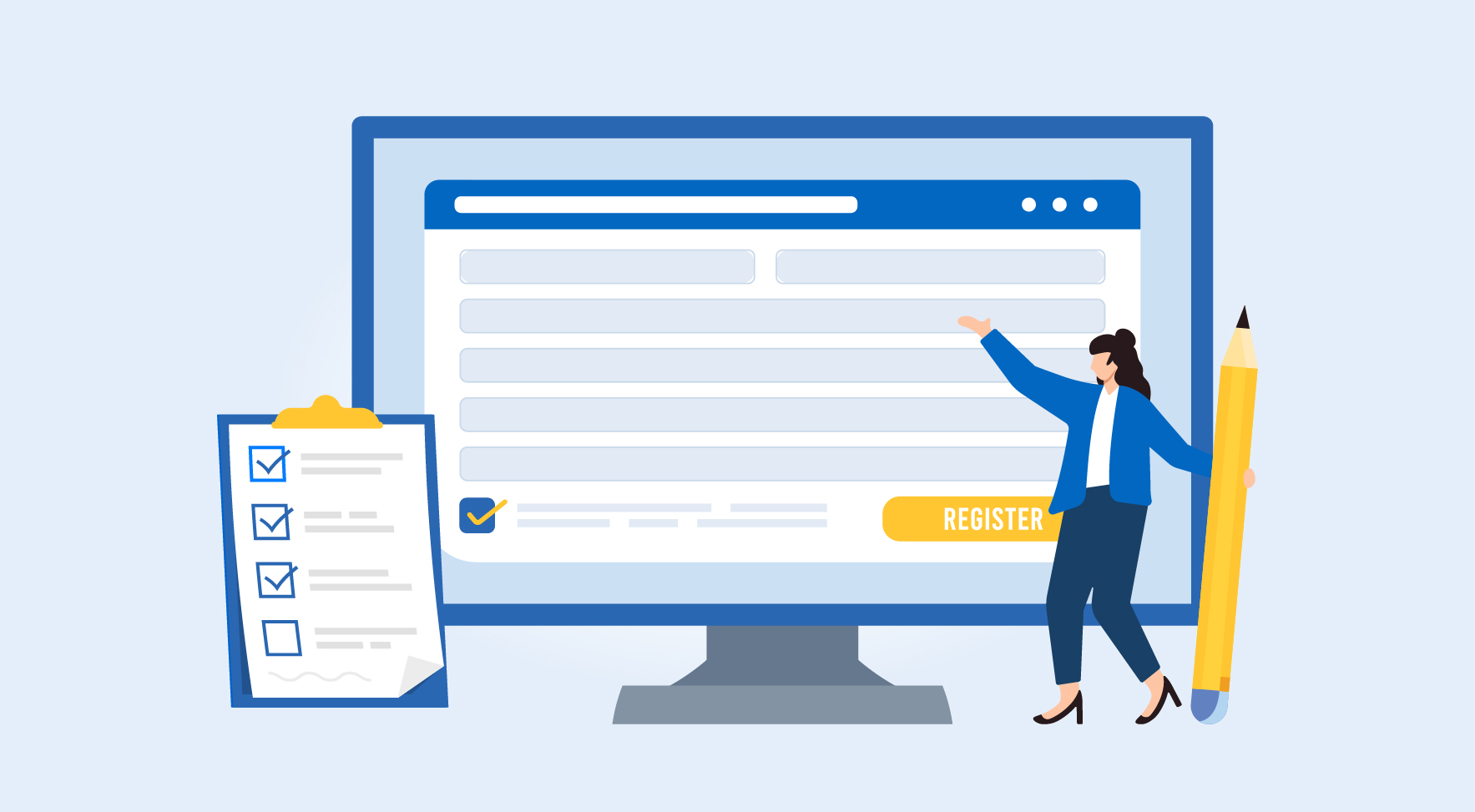Tally Solutions |Updated on: December 29, 2021
Managing credit, both receivables and payables, is extremely important for your business. In our article ‘Why is credit management important?’, we have learnt about the benefits of managing credit well. Good credit management involves certain essential measures to be put in place. In this article, let us understand the 5 essentials of credit management.
Formal credit policy
It is important to have a formal credit policy in your business. Your credit policy will define the credit limits you are willing to give your customers, i.e. the maximum amount of credit you can give to your customers. You would also need to outline the maximum credit period you want to give to your customers. A credit policy also details out the process your business will follow to approve credit terms, exceptions and outlines the process for handling violations. When you have a formal credit policy in place, your entire process of granting credit becomes more systematic and well-thought out. Even exceptions will not become a roadblock, because you know how to handle them.
Evaluation of your customers
Evaluation of your customers before granting credit is an extremely important aspect in credit management. You need to find out whether doing business with the customer is worth the risk of granting credit to them. Ask your potential customer’s suppliers about their credit limits, payment history and credit balances. Another point of contact for you to evaluate the customer is the bank. Enquire about the customer’s credit capacity and how much of it the business uses regularly. Obtain from the customer their recent financial statements. This will give you a view of the business’s liquidity, profitability and cash flow. Get an overall picture of how quickly the business pays off its suppliers. You can also make use of credit agencies to check the business’s credit history.
Continuous monitoring
After the initial credit evaluations are done and appropriate customers are selected, it is important to continuously monitor them. Review your customers’ payment history and credit limits regularly. In case any customer has missed their due date, send payment reminders. This ensures that they know that you are tracking their payables and are serious about it. Decide what to do about persistent late payers. Continuous monitoring will ensure that you stay updated on your receivables and avoid missing out on exceptions at the right time.
Build a relationship with your customer
Your relationship with your customer can be the most effective way to ensure that they pay you on time. Try to keep your relationships with your customers positive. Some ways in which you can build positive relationships with your customers are: Thank customers when they show a good payment history, give some early payment discounts or coupons, raise the customer’s credit limits when they show a consistent credit payment history.
Automate your credit management process
Managing your payables and receivables manually is an extremely difficult task. Keeping track of due dates and credit limits can consume a lot of time and effort, if done manually. Using credit management software can help you get a real-time view of your receivables and payables. Based on the credit limits you specify for each customer, the software ensures that you do not provide excess credit to the customer. Also, based on the due dates you specify for your receivables and payables, the software will alert you on the nearing due dates and amounts that are outstanding. Using a business management software also helps you mail or print reminder letters to all your customers whose bills are outstanding. When all these credit management activities are automated, you are left with more time for the integral activities of your business.
Latest Blogs

Nuts & Bolts of Tally Filesystem: RangeTree

A Comprehensive Guide to UDYAM Payment Rules

UDYAM MSME Registration: Financial Boon for Small Businesses

Understanding UDYAM Registration: A Comprehensive Guide

MSME Payment Rule Changes from 1st April 2024: A Quick Guide

Are Your Suppliers Registered Under MSME (UDYAM)?

